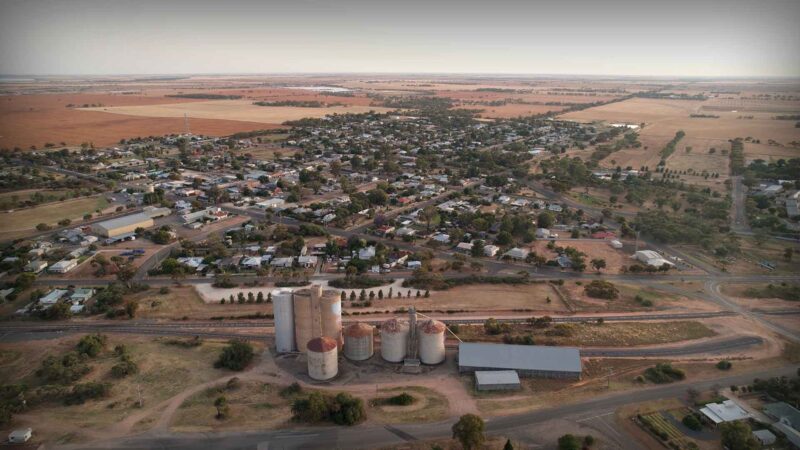Cardiovascular disease (CVD) is responsible for significant morbidity and premature mortality in Australia. Ischaemic heart disease was the leading cause of death in 2020 and cerebrovascular disease was the third most common cause of death.
As the first major update to Australian CVD risk assessment guidelines in over a decade, the 2023 Australian Guideline for assessing and managing cardiovascular disease risk and associated Aus CVD Risk Calculator reflect the latest evidence on assessing, communicating, and managing CVD risk. Developed using Australian-specific data and the latest evidence, it supersedes the 2012 Guidelines for the management of absolute cardiovascular disease risk.
New cardiovascular disease (CVD) Risk Guidelines were commissioned by the Australian Government Department of Health and Aged Care, and developed by the Heart Foundation on behalf of the Australian Chronic Disease Prevention Alliance (ACDPA) (Diabetes Australia, Kidney Health Australia and Stroke Foundation). The guideline has been endorsed by the Royal Australian College of General Practitioners (RACGP).
The new guideline has been developed according to the processes and standards outlined in the 2016 Australian National Health and Medical Research Council’s (NHMRC) Guidelines for Guidelines.
The guideline was developed under the direction and governance of nine expert advisory groups with multidisciplinary clinical and consumer input (see Appendix 1). Expertise was sourced across the disciplines of cardiology, general practice, nephrology, neurology, endocrinology, stroke care, epidemiology, Indigenous health, nutrition, behavioural science, nursing and pharmacy. Special attention was given to First Nations people’s health, and the Indigenous Health Expert Subgroup advised on every aspect of the guideline development.
The project aim was to develop an updated CVD Risk clinical guideline and corresponding CVD risk prediction algorithm enabling best practice assessment and management of CVD risk, overseen by the Guideline Advisory Group which consists of representatives from the ACDPA.
An individual’s risk of developing CVD depends on the combined effect of multiple risk factors. Risk assessment, therefore, remains fundamental to the early detection and prevention of CVD. The guideline encourages early modification of CVD risk factors, helps target medicines to those who will benefit most, and informs clinical decision-making.
The guideline and calculator help healthcare professionals assess, communicate and manage a person’s risk of developing cardiovascular disease. Australian Health Journal spoke with cardiologist and Heart Foundation Chief Medical Advisor, Professor Garry Jennings AO on how HCPs in primary health care can use the resources, guideline and risk calculator in clinical practice.
You Might also like
-
ACN National Nursing Forum 2019
The Australian College of Nursing National Nursing Forum was held in Hobart Tasmania in August 2019.
-
Empowering underprivileged communities with sustainable health
Dr Gaj Panagoda, CEO of Xstitch Health, has a diverse medical background and is working to improve health systems for underprivileged communities. In the Australian Health Journal’s People In Health Care series, he talks about the changes needed in community-based care using a project based approach,
According to Dr Panagoda, there is a need for a shift towards community-based care and collaboration with stakeholders in the healthcare system, and the potential to create a new kind of socially conscious, inspired, community-informed medical specialist is the future of medical specialty care.
-
Hair’s-breadth endoscopes to detect plaque
This coming World Heart Day (29th September 2021), Australian Health Journal’s People in Health Care series, releases a segment on Dr Jiawen Li.
Dr Jiawen Li is an inventor and highly adaptable engineer leading the intravascular imaging program at the Institute of Photonics and Advanced Sensing (IPAS). She has developing an imaging device can be inserted into blood vessels to provide high quality 3D images to help scientists better understand the causes of heart attack and heart disease progression, and could lead to improved treatment and prevention.



